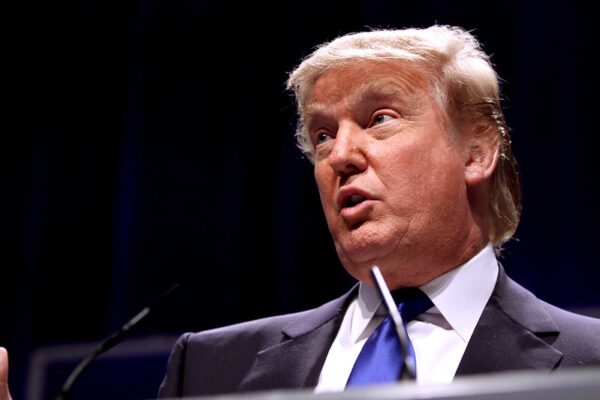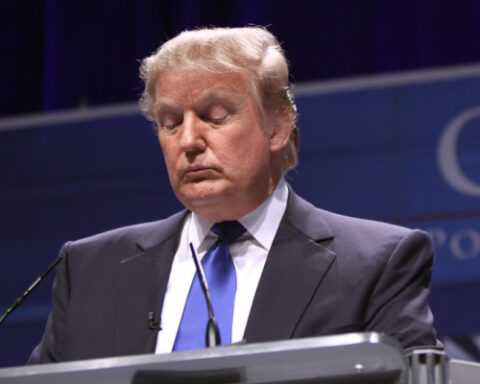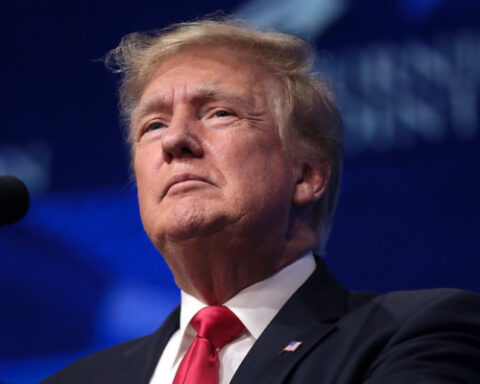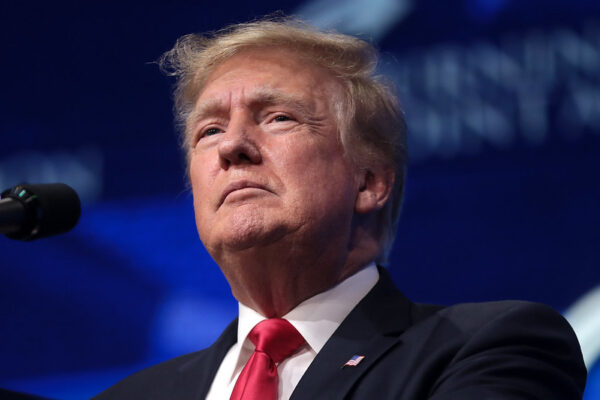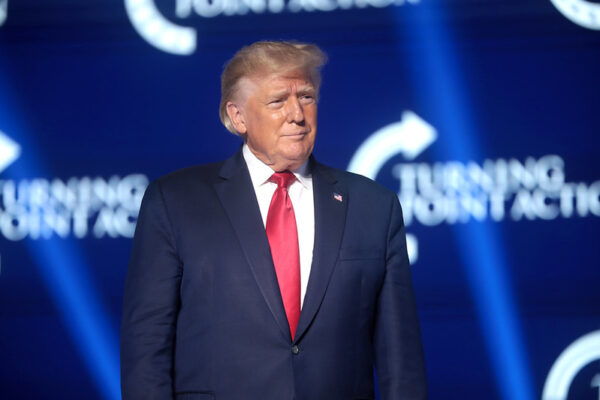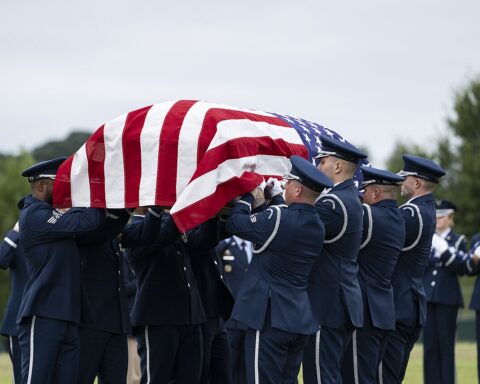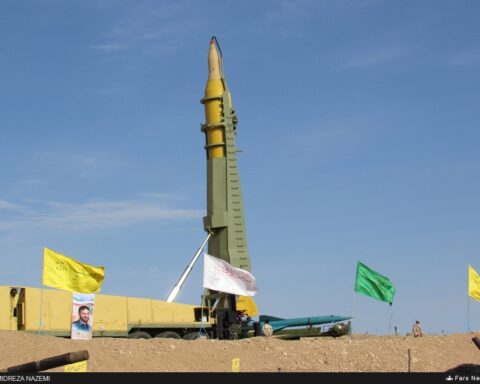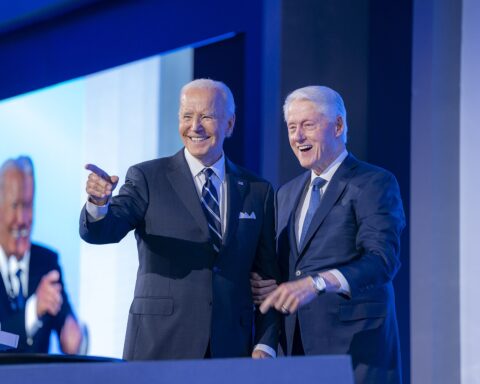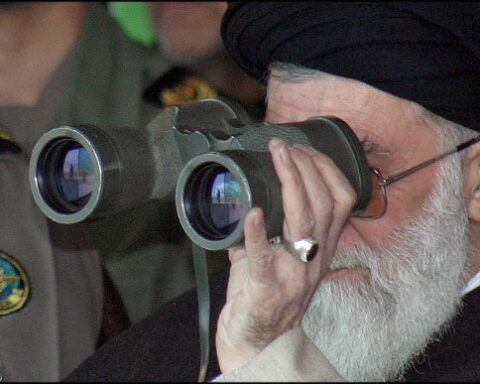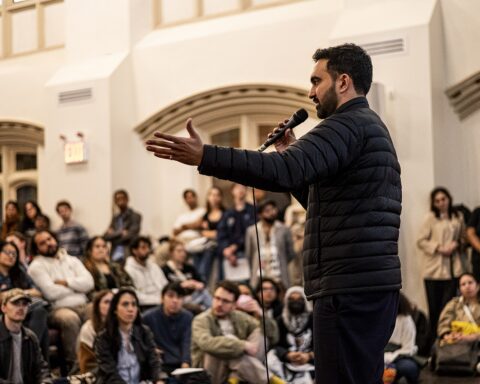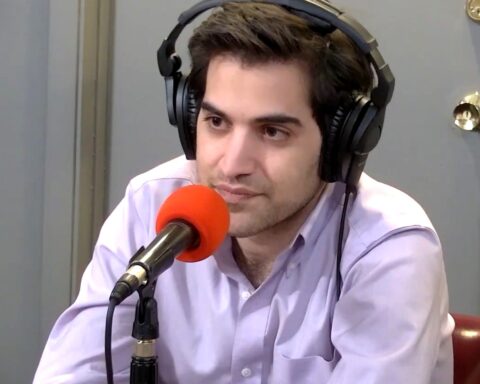President Donald J. Trump has now reportedly signed a classified directive authorizing the Pentagon to prepare military action against certain drug cartels designated as foreign terrorist organizations, according to officials familiar with the matter.
The move, which administration allies describe as a decisive step to protect the homeland, underscores the president’s willingness to treat the scourge of organized narcotics trafficking as a direct threat to American lives.
The New York Times reported that the directive, signed in secret, offers a legal foundation for potential military operations against the cartels—groups long linked to violent crime, human trafficking, and the flood of deadly drugs into the United States.
Military officials have begun formulating plans for how the armed forces might carry out strikes against cartel assets and leadership.
While critics may raise legal concerns about the scope of such operations—particularly if individuals not posing an imminent threat are harmed—the administration insists the priority is clear: safeguarding American communities.
“President Trump’s top priority is protecting the homeland, which is why he took the bold step to designate several cartels and gangs as foreign terrorist organizations,” said White House spokesperson Anna Kelly.
That designation, issued through executive action early in Trump’s term, expanded the tools available to U.S. law enforcement, allowing more aggressive prosecutions, asset seizures, and international pressure against cartel networks.
Administration officials argue that the terrorist designation reflects reality: these cartels operate with a level of violence and organization comparable to insurgent groups, and their operations kill tens of thousands each year, both in Mexico and across the U.S. through drug overdoses.
The president has been blunt about his willingness to confront these groups beyond America’s borders.
In May, he confirmed offering to send U.S. troops into Mexico to directly combat the cartels—a proposal rebuffed by Mexico’s new president, Claudia Sheinbaum Pardo.
“We can collaborate. We can work together. But you in your territory, and us in ours,” Sheinbaum said at the time, adding, “We can share information, but we will never accept the presence of the United States Army in our territory.”
Trump’s allies argue that Mexico’s reluctance to accept military assistance has left the cartels free to operate with impunity, exploiting porous borders and overwhelming local law enforcement.
Supporters of the directive see it as a necessary escalation in a conflict that has already spilled deep into the United States.
While the Pentagon’s planning remains in its early stages, the directive signals Trump’s readiness to push the limits of traditional counter-narcotics policy.
By framing cartel violence as a national security threat on par with terrorism, the administration is laying the groundwork for more aggressive, potentially unilateral action—an approach that critics warn could provoke diplomatic strain but that the president’s supporters see as long overdue.
For Trump, the message is unmistakable: the cartels have been put on notice, and America will no longer tolerate the human cost of their operations.
[READ MORE: Trump Moves to Rein In University Admissions Secrecy With New Executive Order]

